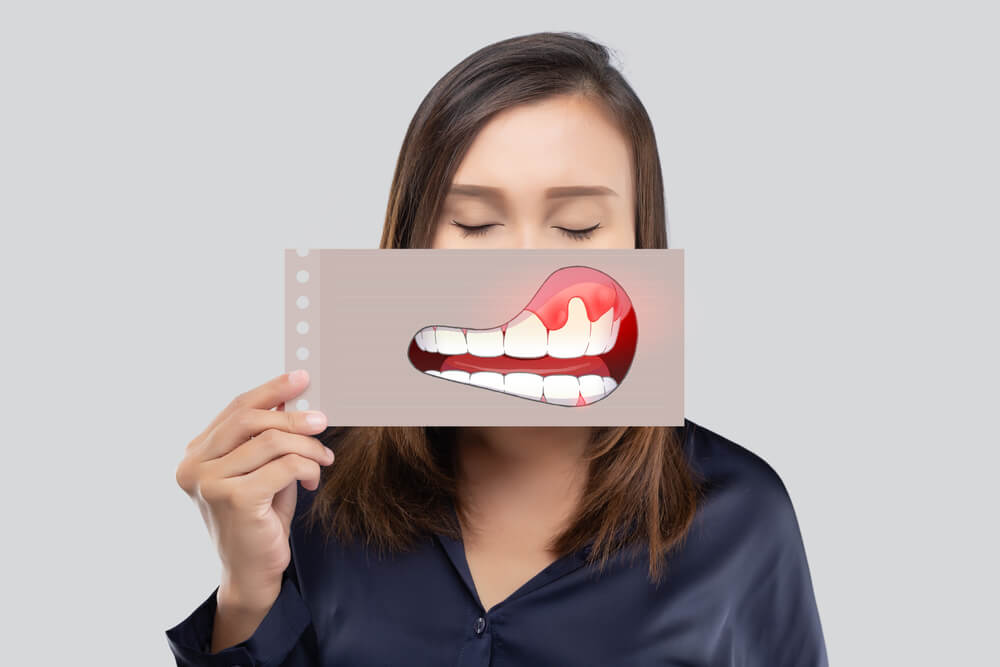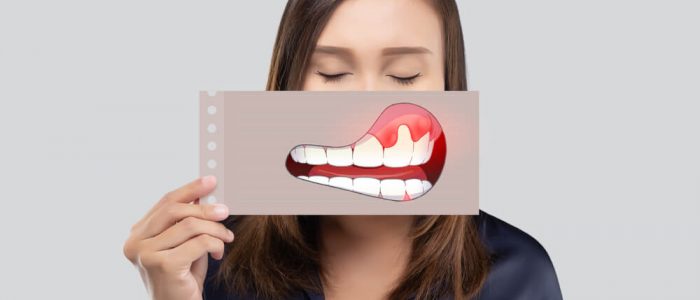6 Tips for Healthy Gums and Preventing Gum Disease

Good dental habits aren’t just about getting to show off those shiny, white teeth when you smile. Your gums are just as important. Gum health impacts your entire body’s health.
Northside Dental Clinic in Springfield, Missouri, gives you some best-practice tips for healthy gums and how to best prevent gum disease.
Your Gum Health Affects Your Whole Body
According to medical experts, gum disease or periodontal disease can lead to a whole host of problems throughout the body, including diabetes, heart disease, and dementia.
That’s why it’s so important to maintain proper oral hygiene habits and spot the signs of poor gum health before it gets worse.
Unhealthy Gums
- Gums that bleed easily
- Swollen, inflamed, or red in color
- Sensitive teeth (hot and cold food or drink)
- Pain while chewing
- Dentures no longer fit comfortably
Healthy Gums
- Gums have a light coral shade of pink
- Firm and feel snug around your teeth
- Don’t bleed easily
What Causes Unhealthy Gums?
According to the American Academy of Periodontology, some of the common risk factors for gum disease are:
- Obesity
- Stress
- Genetics
- Smoking and tobacco chewing
- Certain medications (antidepressants, some heart medications, etc.)
- Teeth grinding or clenching of the jaw
If you’re having some difficulty with your gum health, follow these practices to see better results.
1. Floss Regularly
When it comes to gum health, the importance of flossing cannot be understated. Floss regularly (at least twice a day) and use fluoride toothpaste from a well-known brand, like Crest or Sensodyne. This does wonders for protecting against gum disease. Flossing will prevent food particles from sticking in between teeth to create plaque, and eventually tartar (calcified plaque).
Start with flossing, brushing, then rinsing with mouth wash.
Flouride toothpaste offers a layer of protection to your teeth, decreasing the chances of swollen, sensitive, and easy-to-bleed gums.
2. Brush Correctly
Brush lightly from the front to the back of your teeth in a small, circular motion for two and a half minutes. Find a brush that works best for you, whether soft, medium, or hard. We recommend a soft bristle.
By using a harder brush or forcefully brushing, you run the risk of damaging the enamel on your teeth and negatively impacting your gums, even causing potential gum recession.
Replace your toothbrush every three months or so. If you were sick recently, throw your toothbrush out and get a new one.
3. Use Mouthwash
Using an antibacterial mouthwash that has been approved by the American Dental Association (ADA) is a great way to help remove plaque buildup from your gums. Look for mouth rinse brands that have the ADA seal of approval on their packaging.
Another great alternative is rinsing your mouth with a saltwater solution, then rinsing with regular water.
4. Schedule Regular Dental Appointments
See your dentist twice a year. If you have a history of gum disease and difficulty with your teeth, schedule more visits. Your dentist will be able to spot and diagnose any issues with your gums early on and prescribe treatment for it.
5. Quit Smoking
Smoking, as well as chewing tobacco, weakens the immune system and makes it harder to fight against infection. It’s also harder for your gums to heal if you’re a smoker.
If your gums are already infected, you’ll need to stop smoking immediately. Smoking impairs oxygen in the bloodstream which forces your gums to heal more slowly or not at all. Gum disease is a common reason for tooth loss in adults.
6. Develop Better Eating Habits
Some foods and beverages can hurt your gums. Others protect them. Sugary, deep-fried, sticky, and starchy foods are the worst type of foods for your gum health.
Stay away from these foods. If you can’t, limit how often you eat them, or take other preventative measures, like flossing every time you finish eating.
“That’s all well and good,” You might be thinking. “But I can’t give up coffee or soda.”
Good news. You don’t necessarily have to give these up completely.
Make sure to rinse your mouth out with water after drinking coffee or soda. It’ll not only keep your gums healthier but make your teeth less likely to stain yellow.
What are some healthy food options for gum health?
- Dairy products (they have calcium and encourage beneficial bacteria)
- Water (the more water you drink, the more it prevents gingivitis)
- Sugar-free gum (produces more saliva and prevents plaque from forming)
- Vegetables and fruits (high in fiber, they stimulate saliva production and naturally clean the mouth)
Improve Gum Health with Regular Cleanings at Northside Dental
At Northside Dental Clinic in Springfield, Missouri, we use the latest technologies and methodologies in the dental industry, giving our patients the best service possible. Schedule an appointment today for a cleaning, checkup, or whitening: (417) 862-2468.

